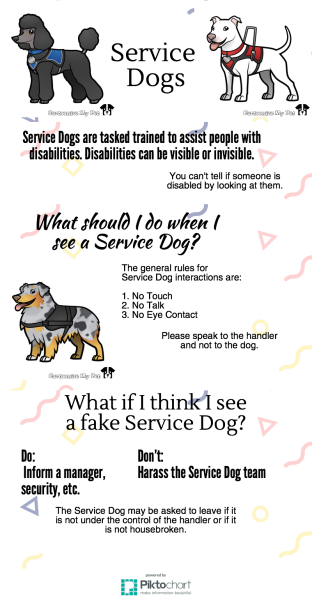How To Prepare Your Dog For A Long Term Boarding Stay
How To Prepare Your Dog For A Long Term Boarding Stay
Blog Article
Can Pet Dog Childcare Reason Health Problem?
Canines in childcare get lots of workout, socialization with various other canines and unique experiences. This can be particularly handy for pups and canines with behavioral concerns.
There are several legal considerations you require to think about when beginning a doggy daycare company. These consist of the framework of your organization and conformity with government regulations.
1. Dog Distemper
Canine distemper is spread with straight contact with the physical liquids and waste of a contaminated dog, but it can also be transferred by means of common water and food bowls or via air-borne beads. This very contagious illness is most harmful for young puppies, however it can affect pet dogs of any kind of age and is deadly for the majority of if left untreated.
Initial symptoms of canine distemper frequently imitate a cold, including drippy eyes and nose with watery or pus-like discharge. As the illness advances, a pet dog will certainly establish high temperature, coughing, minimized hunger, throwing up and looseness of the bowels. The infection can likewise assault the nerve system, leading to seizures, jerking and partial or total paralysis.
Credible childcares lower direct exposure to infection by calling for inoculations, regular health examinations and comply with stringent hygiene protocols. If your pup seems overly tired or hopping, a day off might aid him recuperate, however you must prevent taking him back to day care until these symptoms clear up.
2. Kennel Cough
Kennel coughing, additionally referred to as contagious canine tracheobronchitis or Bordetella, is an extremely contagious viral or bacterial condition that influences the respiratory system system. It's typically transferred through the exchange of saliva or air beads that an unwell pet dog exhales. Social dogs go to greater danger for infection because of their frequent interaction with each other, such as when they play, share food or water, smell one another or simply fulfill in a jampacked atmosphere like a dog park or daycare.
One of the most typical sign of kennel cough is a relentless and powerful cough that sounds like something embeded the throat or retching. Commonly, pet dogs will cough up foamy white phlegm. If left without treatment, a canine can develop pneumonia and go to significant danger for life.
A reliable childcare center ought to have strict cleansing and cleanliness protocols, disinfect all playthings, food and water bowls frequently, and be open about their inoculation plans. Keeping your pet as much as date on their inoculations, especially for bordetella and canine influenza, will greatly lower their possibilities of contracting the ailment.
3. Parvovirus
Canine parvovirus, or parvo, is an extremely contagious viral illness that can be dangerous for young puppies and young adult pet dogs with bad body immune systems. It's most frequently spread by straight contact with polluted dog feces-- which can take place when canines sniff, lick, or preference infected feces-- and indirectly from infected people, objects, or settings (like kennels, grooming areas and yards). Puppies and pet dogs without complete inoculation histories are especially prone to parvo.
The virus is exceptionally durable, enduring in the atmosphere for up to 9 years, 24 hour dog daycare near me and can easily be moved between pet dogs by contact via feces or on shoes, apparel, and bed linen infected with parvovirus. If not dealt with right away with IV fluids, electrolyte equilibrium, throwing up control medicines and antibiotics to avoid secondary microbial infections, a dog will quickly dehydrate and establish extreme diarrhea, which brings about shock and sepsis. Parvo is hard to treat as soon as a canine has actually become ill, however with appropriate vet treatment, numerous pups do survive this ailment.
4. Dog Flu
Canine influenza virus is highly contagious and spreads via direct call, sharing food and water bowls, licking or nuzzling other pet dogs, via airborne beads, and through polluted surface areas. Vaccination works in lowering the danger of infection and episodes.
Most impacted pets develop a light respiratory infection with a cough that lasts 1-3 weeks. They might also have nasal and ocular discharge, sneezing, and sleepiness. Several of the most severe cases lead to pneumonia and a high fever.
If your pet dog exhibits any of these signs and symptoms, do not bring them back to daycare up until they are healthy and balanced. If your dog is showing indications of severe fatigue or hopping, talk with your vet as soon as possible and see to it they are on health supplements to aid build their immunity. A vet will certainly evaluate your canine for signs of the influenza by taking a sample from the nose or throat, and blood tests can be done to verify.